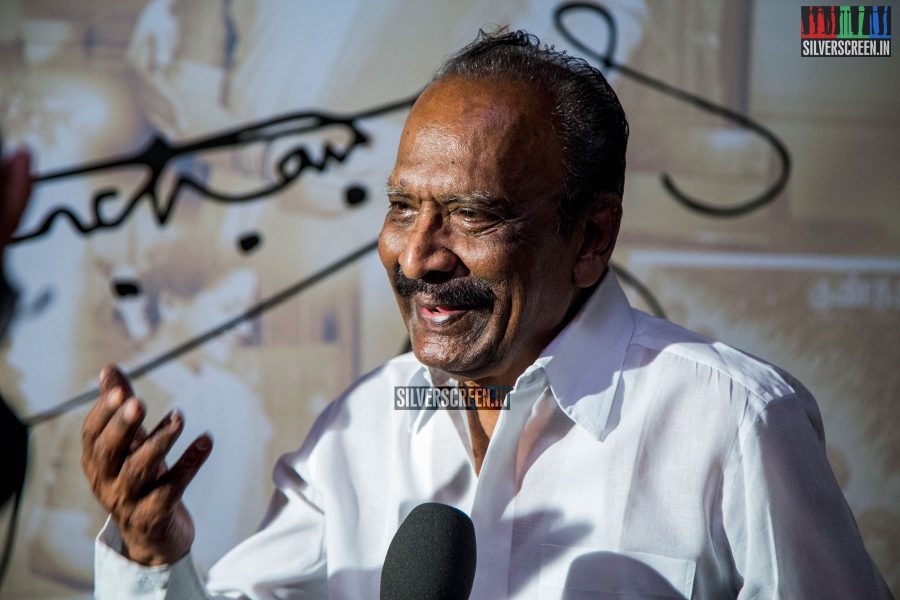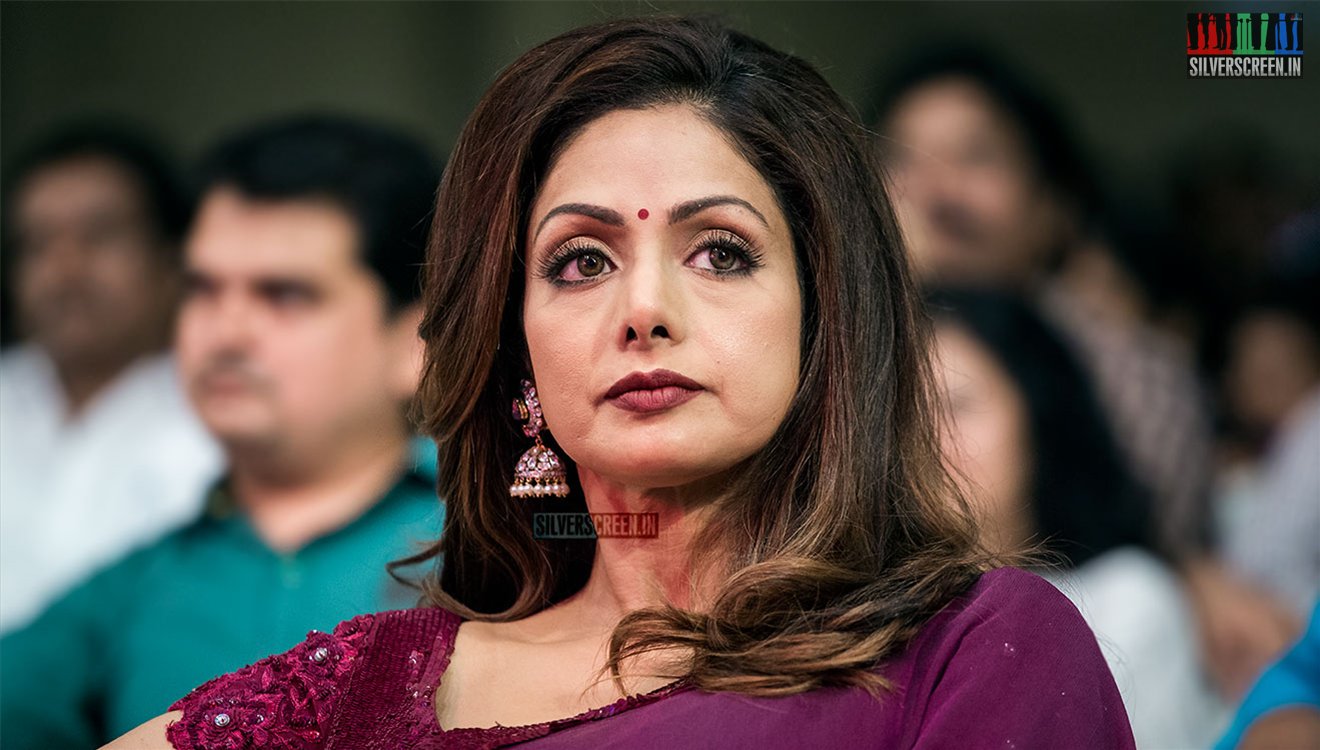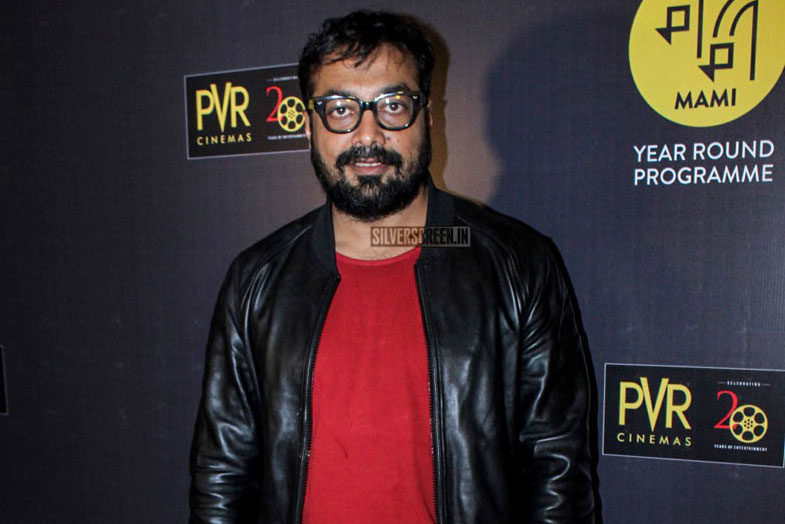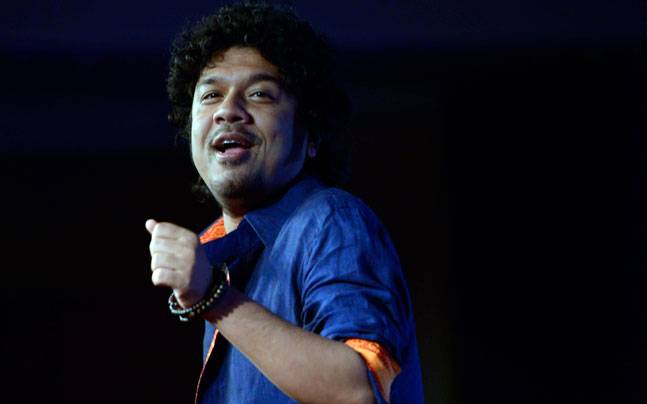J Mahendran, writer and director whose work had a huge influence on Tamil cinema, died today due to complications from kidney failure. He was 79 years old.
The director’s son, John Mahendran – also a filmmaker, announced the news on Twitter. Fans and the public can pay their homage to the director today at his Pallikaranai, Chennai residence from 10. AM. The last rites will be held later this evening.
Born in 1939, J Mahendran, directed 12 films in his career, including Mullum Malarum, Uthiri Pookal and Johnny. His films – especially Mullum Malarum and Johnny are cited frequently in lists of best Tamil movies. Mullum Malarum – Mahendran’s debut film as director, recast Rajinikanth as a hero, and changed many unwritten conventions of Tamil cinema. The film showed without telling, made visuals stronger and actions louder.
The movie was based on a short story, but Mahendran rewrote much of the film with some assistance from Balu Mahendra, diverging considerably from the source. Rajinikanth played Kali – a devoted brother and an self proclaimed “bad man” – and the role continues to be cited as the actor’s best performance.
Mahendran started his career as a film reviewer and journalist with the fortnightly, Thuglaq. A speech criticising the overtly commercial elements of cinema brought him to the attention of the late MG Ramachandran, who invited him to write the screenplay for Ponniyin Selvan – Kalki’s novel based on the Chola dynasty. Although the film was never made, Mahendran the writer was noticed and he was asked to write the screenplay for other films. Naam Moovar was the first to release, and featured his story and screenplay. Mahendran went on to write the screenplay or dialogues for other major films, including Sivaji Ganeshan’s Thangapathakam.
As a director, Mahendran’s films – Mullum Malarum or Uthiri Pookal, or his later film Nenjathai Killadhey – changed the conventional grammar of Tamil cinema, allowing the visuals to speak without needing much in the way of expository dialogue. The director’s Johnny, starring Rajinikanth and Sridevi, carries many labels: cult, classic, all time best. It features Rajinikanth in two different roles – a conman and a barber – and while Rajinikanth turned out one of the best performances of his career, it was Sridevi as Archana who really stood out. Mahendran was known for the dignity he lent his characters, a dignity that refused to fade even if they were technically on the other side of the law. Can there be a more tender love than the one shared by singer Archana (Sridevi) and conman Johnny (Rajinikanth) in Johnny? This was a love forged through longing looks, a half-smile and lovely music.
Recommended
Mahendran helped viewers see relationships through a different eye. In Nenjathai Killadhey, which released in 1980, he showcased understanding men on screen. In that day and age, Prathap Pothen’s Pratap gives Viji (Suhasini’s debut role) the agency to decide if she wants to further their relationship. Caught in a loveless marriage, he keeps anger and disappointment at bay and decides to give his new wife the space she needs. Today, these might be commonplace, but were path-breaking then. In interviews, Mahendran has said that none of his films were made to suit a “trend”, they were made because he wanted to make them. He believed his films were for the audience as a holistic entity, and refused to categorise them as “A, B or C” centres. He loathed symbolic shots, simply because they meant you were not able to show what you wanted. And when people saw symbolism in one of his films (Uthiri Pookal – it was completely unintentional, brought on when a scene was extended at the editing table), he felt like someone had landed a body blow, praising him for the one thing he hated.
Ilaiyaraaja and Mahendran shared a warm relationship, with each of their collaborations resulting in songs that have lasted the ages. In fact, Mahendran has often said that Ilaiyaraaja’s background score and songs lent life to his films.
The ace director turned actor in 2004 with the film Kamaraj. And 12 years later, returned as the antagonist in Theri, introducing himself to millennials. He was also part of Seethakaathi and Petta, marking his presence in both films with roles of substance.
Mahendran will be missed. But his films will live on, reminding people of gentler, kinder times, of subtlety and class.
With contributions from Subha J Rao, Nadika Nadja, and Karthik N.



